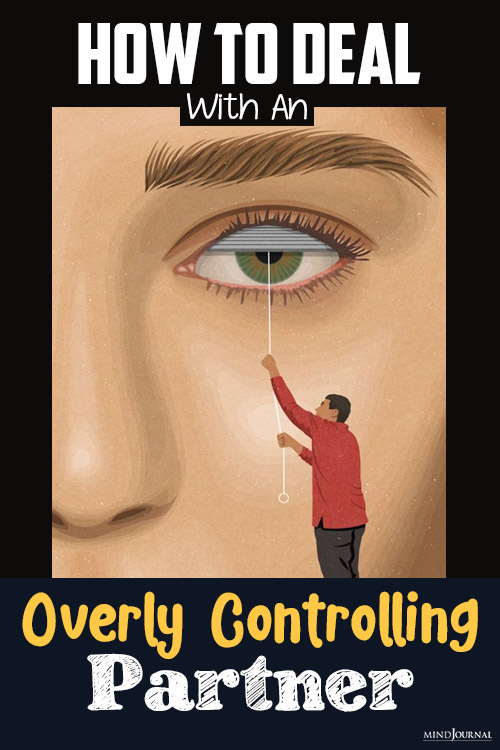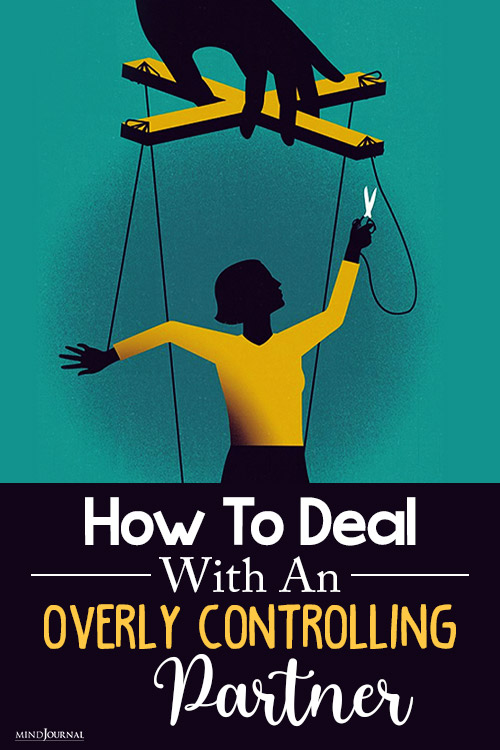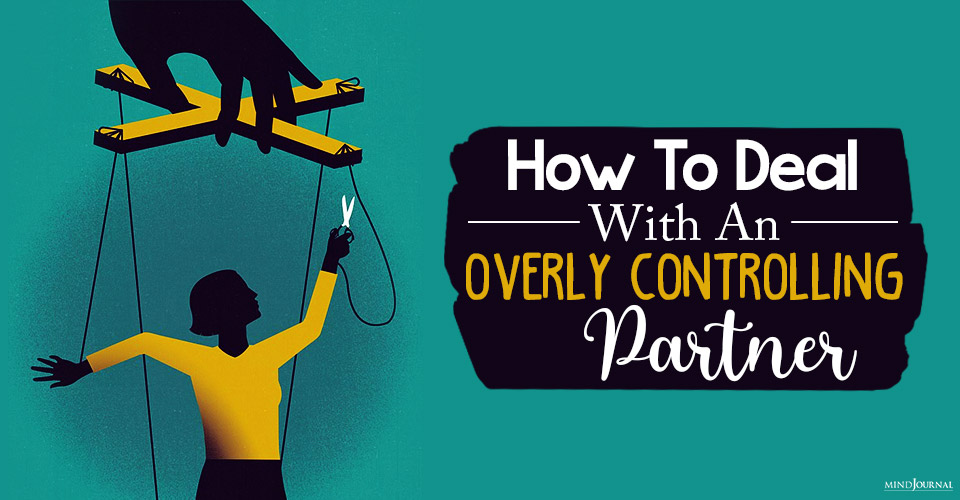“When it comes to relationships, less control, more freedom. It’s all about trust. If there’s no trust there’s no connection.” – Unknown.
Key Points:
Excessively controlling behavior by a partner can severely challenge the relationship.
Mutual respect, or seeing and acknowledging the inherent dignity and worth in both of you, is a positive way forward.
It's important to foster thoughts, feelings, and behaviors of respect not only toward the partner but also toward the self.
Both partners who practice daily the theme of mutual respect by honoring the personhood in one another can go far in restoring a relationship.
Lawrence and Valorie have been in a relationship for two years. Lawrence wants her to dress in a certain way, tolerate his long hours of work, texting others, and accept any criticism he gives to her. When Valorie suggests alternatives to any of this, he is quick to get angry and to state that she does not love him. At first, Valorie was confused but went along, denying her own preferences.
As long as the pattern continued, Lawrence seemed satisfied while Valorie became increasingly frustrated, but was not sure why she was unhappy. When Valorie sought counseling for her anxiety, she was surprised to hear from the mental health provider that she was in a controlling relationship.
It is not uncommon for those who are on the receiving end of control to not recognize it as such and so the pattern can continue for years until symptoms of anxiety or anger emerge.
Dr. Richard Fitzgibbons (2019), a psychiatrist with over 40 years of experience, says that only excessive selfishness and intense, persistent anger cause more harm to relationships than excessive control. Then, what is the way out of such a pattern?
Related: 11 Signs It’s An Emotionally Abusive Relationship
Ways To Change Excessive Control In Your Partner
First, as occurred with Valorie, she has to recognize the behaviors as controlling and therefore break the denial that this is happening. This takes courage and can take time.
Second, upon gaining insight, the one who is on the receiving end of the control might have damaged trust. This needs to be recognized. The lack of trust can lead to a hesitancy to even bring up the hurtful pattern to the partner who is engaging in the controlling behavior.
Third, by first practicing forgiveness toward the partner, the one who is being controlled is more likely to approach the other with gentleness rather than with demands that now may appear to be controlling by the one who controls. Forgiveness can make a person more receptive to trusting the other if the other begins to change in a positive way.

The Heart Of The Matter: Foster Mutual Respect
Fourth, and this is the heart of the matter for bringing about change, the one who is controlled needs to bring up the issue of fostering mutual respect in the relationship.
Respect is to honor the dignity of the other and the dignity in oneself, not because of what is done but more importantly because each is a person. Respect is not to accept all behaviors or requests from the partner, but instead to recognize the dignity of the other simply because this is a person.
Respect is to first think in certain ways, and on a daily basis so that the thinking becomes internalized. This involves working on seeing the precious personhood in the other and in the self. What does it mean to see the personhood in the other?
It means this: All persons, even if they behave in a challenging way, are special, unique, and irreplaceable (Budziszewski, 2011). Each person is special and irreplaceable, for example, because 1) all people are unique in this world, having their own particular DNA pattern; 2) each person is capable of rational thinking, even if this is not fully actualized right now; and 3) each person is capable of love, even if this needs much growth.
If each person is unique and special, then it follows that we all have built-in worth and therefore deserve respect, or an honoring just for being a person.
Related: 5 Ways You Can Win Against A Controlling Narcissist
The philosopher Margaret Holmgren (1987) recommends that a person rediscover self-respect (dignity toward oneself) when trying to respect the other so that there is mutuality regarding this issue of dignity and worth. In other words, one needs to foster this in both the other and the self.
After engaging in thinking about respecting the self and the other, then the next step is to foster feelings of respect in the heart toward the other and the self. This includes sympathy, compassion, and as the philosopher, Joanna North (1987) puts it, a softening of the heart. Again, forgiving the other can produce this softening of the heart toward the other.
Next comes a change in behavior that can include speaking in such a way as to let the other know of the worth that is there and does not have to be earned. The behaviors can include balancing work and spending time with the one who is special, unique, and irreplaceable. True persons, who have built-in dignity, should not be ignored or controlled. This, too, requires daily practice.
Repairing Damage Since Childhood
Finally, if the partner is controlling because of difficult experiences with parents when the partner was growing up, this needs to be uncovered and the partner can be encouraged to forgive the parent for harsh or perhaps controlling behavior.
Respect, exercised by each partner, toward the other, and toward the self, practiced consistently in terms of thinking, feeling, and behaving, can reduce the need to control a partner, rejuvenate a relationship, and restore one’s own inner well-being.
Related: Solving the Problem of Controlling People
References:
Budziszewski, J. (2011). What you can't not know. San Francisco: Ignatius. Fitzgibbons, R.P. (2015). Habits for a healthy marriage. San Francisco: Ignatius Press. Holmgren, M. R. (1993, October). Forgiveness and the intrinsic value of persons. American Philosophical Quarterly, 30(4), 341-352. North, J. (1987). Wrongdoing and forgiveness. Philosophy, 62, 499-508.
Written By Robert Enright Originally Appeared On Psychology Today










Leave a Reply
You must be logged in to post a comment.